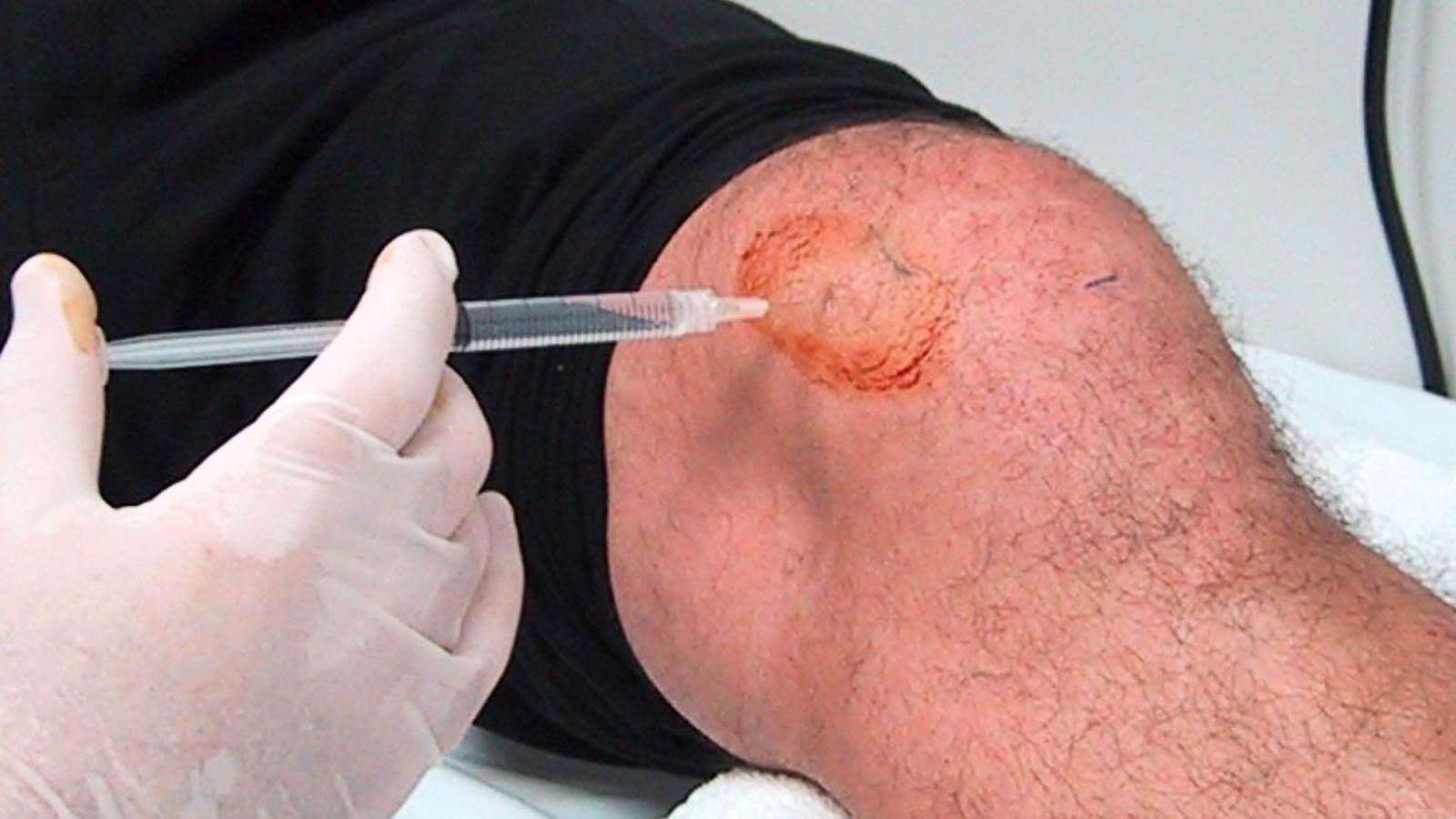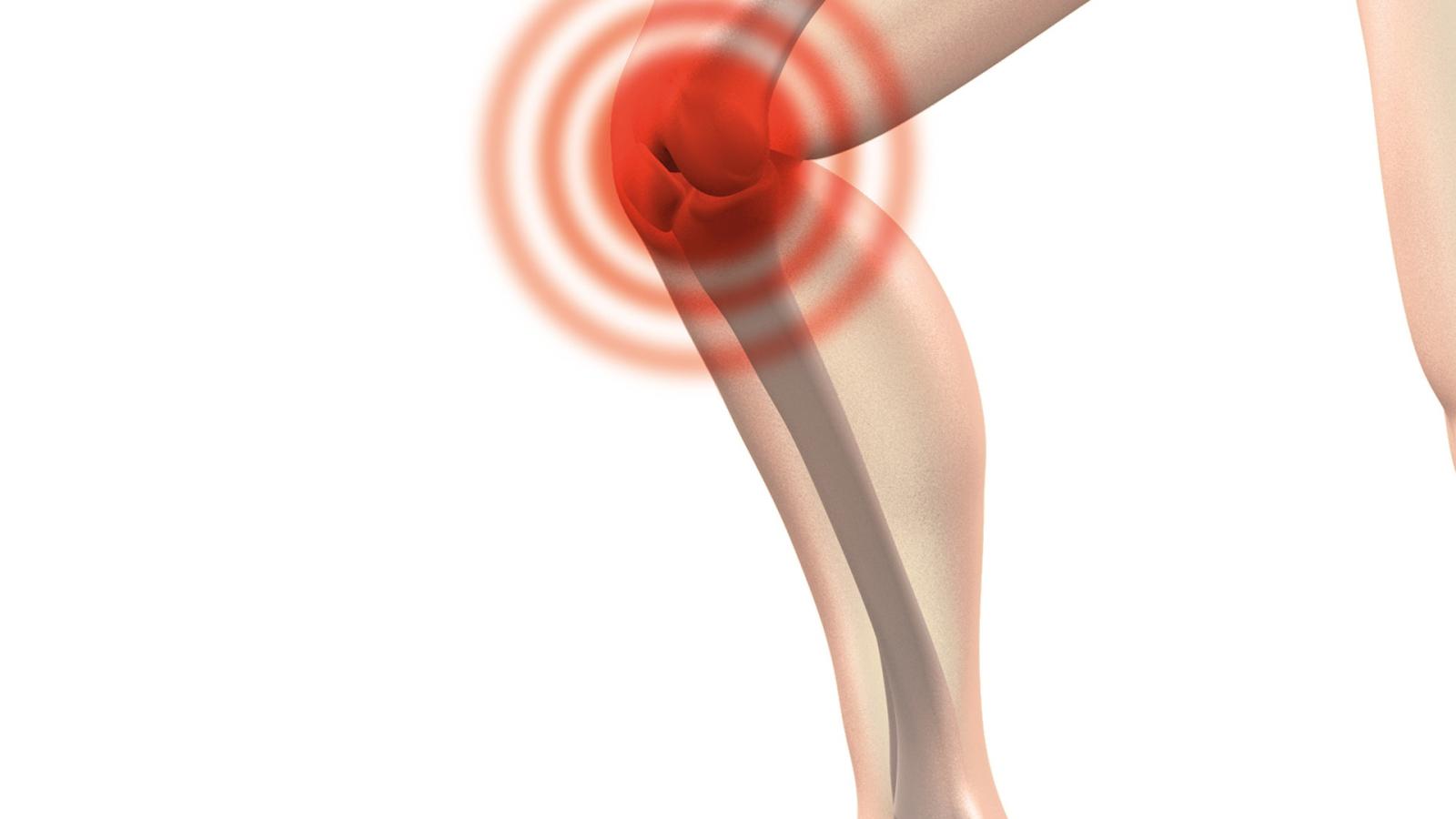Fibromyalgia/Pain
The big news this week: the approval of deucravacitinib (a new class of drug?) for psoriasis; the 2022 ACR guidance on glucocorticoid-induced osteoporosis; a national poll of older adults over the age of 50 who claimed self-reported or doctor-diagnosed arthritis; and much more. Let's review these and other news, journal reports and announcements from this past week.
Dr. Beth Wallace and colleagues at the University of Michigan surveyed a national sample of older adults (50–80 yrs) and found that 70% currently report experiencing joint pain and 60% reported being told by a health care professional that they have arthritis.
Dr. Jack Cush discusses declining survival rates in the USA, FDA approvals of new COVID subvariant boosters and other odd and possibly true new research reports from the past week on RheumNow.com.
While hypertension and arthritis are very common disorders, the association between them is unclear. Analysis of NHANES data suggests that both rheumatoid arthritis (RA) and osteoarthritis (OA) are strongly associated with hypertension (HTN).
The NHANES (National Health and Nutrition Examination Survey) of non-pregnant adult, aged ≥ 20 years examined data 48,372 eligible participants between 1999–2018.
Data from Data FORWARD (The National Databank for Rheumatic Diseases) reveals that nearly two-thirds of rheumatoid arthritis (RA) patients have self-reported sleep problems.
The FORWARD study, a registry that includes over 4200 RA patients), collects data on obstructive sleep apnea (OSA), restless legs syndrome (RLS), and short sleep (SS) problems. SS was based on self-reported average sleep time (<6 hours).
In the United States, where over $300 million is spent annually on intraarticular hyaluronic acid injections, yet another study shows such therapy to be no better than placebo.
BMJ has published a metanalysis of the efficacy and safety of viscosupplementation (intraarticular hyaluronic acid injection) in knee osteoarthritis patients. This is one of many such reviews, all ending with the same conclusion.
The NY Times reports that a recent survey of drug use indicates that daily consumption of marijuana among young adults nearly doubled in the last decade. This is coupled with growing mainstream acceptance of cannabis and hallucinogenic compounds.
Declines in body mass index (BMI) were linked with slower worsening of knee osteoarthritis (OA), according to data from three large longitudinal cohort studies.
Dr. Jack Cush reviews the news and journal reports from this past week on RheumNow and discusses a case of refractory juvenile dermatomyositis with calcinosis.
With nearly one-third of adults, adolescents and children having sleep difficulties, many resort to using melatonin. JAMA reports substantial increases in the use of over-the-counter (OTC) melatonin, in all age groups. But is it effective, safe and warranted?
The National Health Interview Survey found a 7-fold increase in melatonin use; it 0.1% in 2007 and rose to 0.7% in 2012 amongst youths.
We've got a lot to discuss this week: psoriasis; fatigue; sleep; sural nerve biopsies; uveitis and SpA; diet and RA; tofacitinib and the ORAL surveillance study; what not to take with mycophenolate - and more. In what order should these items be discussed? This week the run down is based on popularity, measured by rheumatologist engagements on the website and social media.
Krill oil supplements in knee osteoarthritis (OA) was shown to be superior to placebo in reducing knee pain, stiffness and function while increasing the omega-3 index. Krill oil, rich in anti-inflammatory long-chain (LC) omega-3 ( ω–3) PUFAs and astaxanthin, is thought to be safe and now shown to be effective nutritional treatment for mild to moderate knee OA.
Dr. Jack Cush reviews recent news, regulatory and guideline updates from the past week on RheumNow.com. Studies on methotrexate use, COVID vaccination, Supplements and vitamins, and arthrocentesis despite anticoagulation are discussed.
Recent FDA and MMWR warnings suggest that gabapentin was present and implicated in almost 10% of US overdose deaths between 2019 and 2020. This CDC report also stated that gabapentin was the cause of the death in half of these cases.
An Annals of Internal Medicine review has shown that clinical trials and cohort studies of cannabinoids use for chronic pain may be associated with short-term improvements in chronic pain but come with an increased risk for dizziness and sedation. Studies of long-term outcomes and product formulation effects are lacking.





















 Poster Hall
Poster Hall